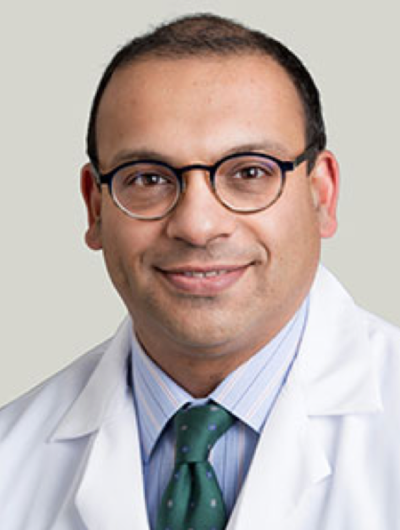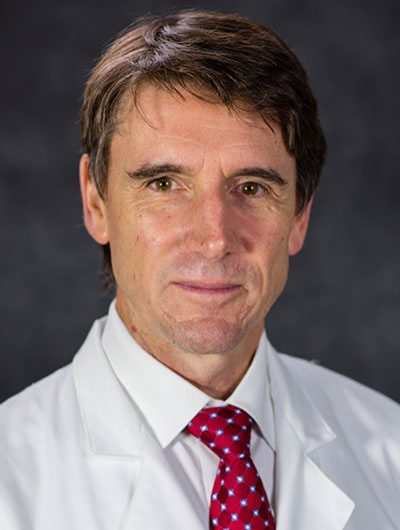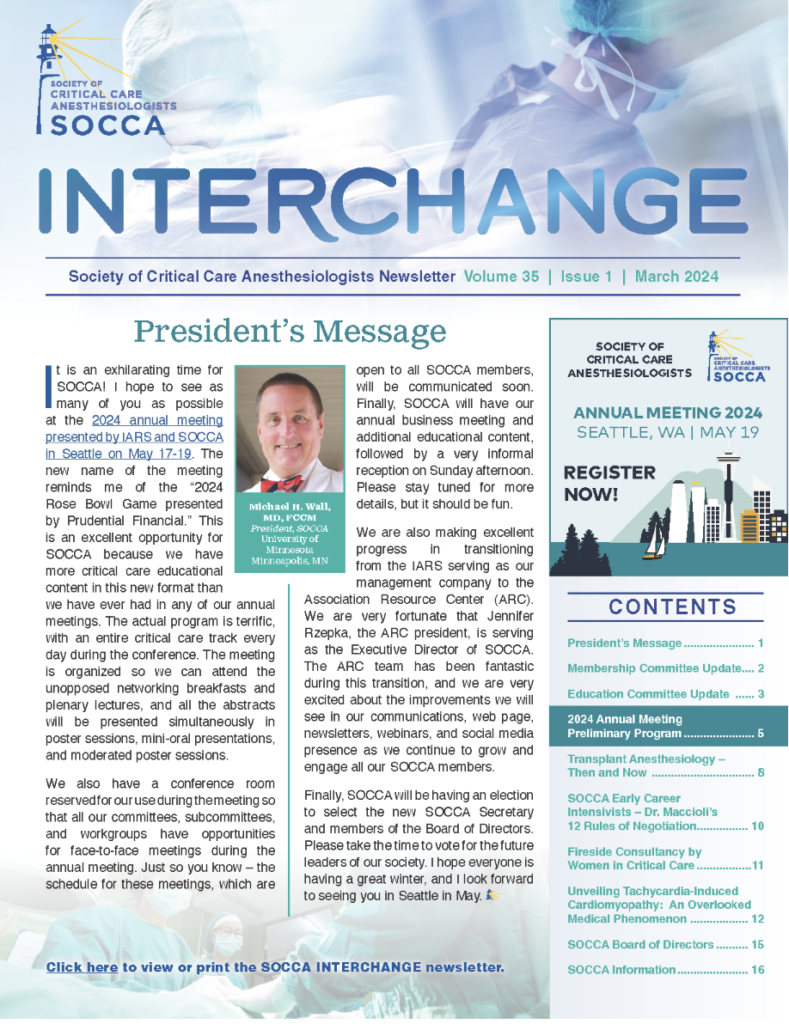Annual Meeting Preview: Critical Advances in Critical Care
An important and exciting role for Critical Care Anesthesiologists is the development and utilization of new tools and therapies to treat patients with severe, life-threatening injuries. It seems as though every time I round in the ICU, I encounter something new in one or more of my patients. In this session of the SOCCA 2019 Annual Meeting and Critical Care Update, we will review new approaches to anticoagulation and its reversal, mechanical cardiorespiratory cardiopulmonary support, and new antimicrobial therapy to combat emerging antibiotic resistance in a 60-minute moderated panel discussion entitled “Critical Advances in Critical Care”.
In this panel:

Aalok K. Kacha, MD, PhD
Moderator
The University of Chicago Medicine
Chicago, Illinois

Ian Welsby, MD
Duke University School of Medicine
Dr. Ian Welsby will discuss the critical care pharmacology of direct acting oral anticoagulants (DOACs). Dr. Welsby will describe the uses of DOACs in the ICU environment and their current and future market penetration. This presentation will include important information regarding DOACs, as well as, options and therapies for emergent reversal.

Peter Von Homeyer, MD, FASE
University of Washington Medicine
Dr. Peter von Homeyer will describe advances in mechanical support devices for patients with pulmonary and/or circulatory failure. Options for extracorporeal membrane oxygenation (ECMO) and ventricular assist device (VAD) therapy are expanding rapidly. Dr. von Homeyer will provide a brief overview of important treatment and weaning concepts, as well as, providing a focus on updates in equipment technologies.

Noreen E. Murphy, MD
University of Wisconsin School of Medicine and Public Health
Dr. Noreen Murphy will describe new issues antibiotic resistance and describe new antibiotic strategies to combat the development of future antibiotic resistance. Dr. Murphy will define important barriers to the research and development of new antibiotic drugs and then finish with a discussion of the development of non-traditional therapies in the modern era of increasing drug-resistant bacteria.



































